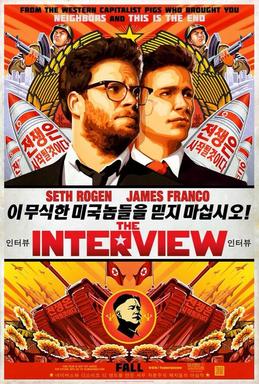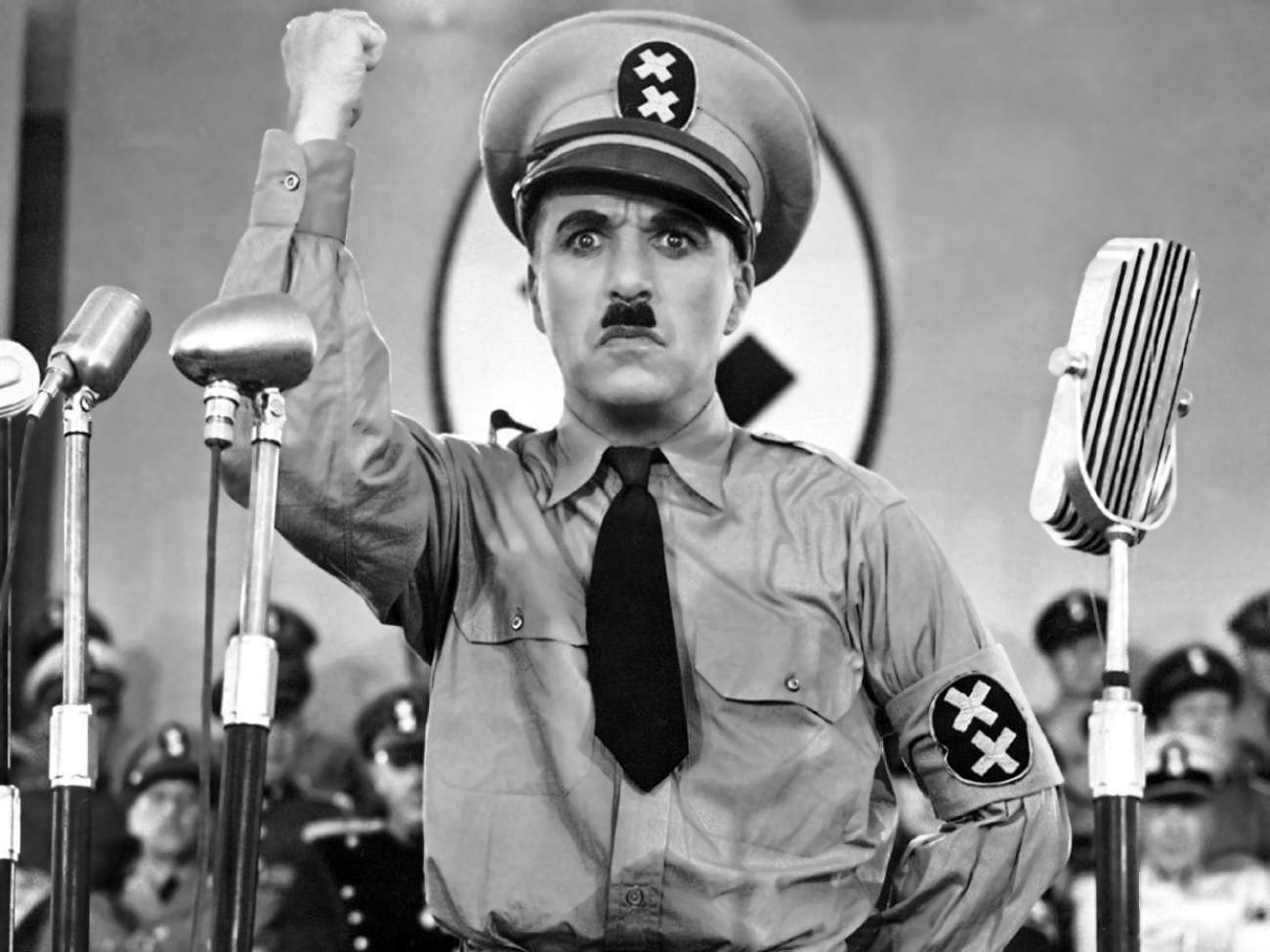 For those of you who might not be following the news, Sony produced a comedy earlier this year: The Interview. The plot is all about an attempt to assassinate North Korean dictator Kim Jong-un. Sure, it’s a bit . . . bizarre of a plot, but hey–this is Hollywood.
For those of you who might not be following the news, Sony produced a comedy earlier this year: The Interview. The plot is all about an attempt to assassinate North Korean dictator Kim Jong-un. Sure, it’s a bit . . . bizarre of a plot, but hey–this is Hollywood.
Except North Korea didn’t take a shine to the idea of their supreme leader being the butt of a punchline. Instead of making a formal protest, they got some hackers together to break into Sony’s servers and uncover a whole truckload of dirt. A boatload. A landfill’s worth. Embarrassing emails. Backroom politics. You name it. Sony’s been plastered all over the news about it.
Then some groups decided to up the ante. They said there would be terrorist attacks the day The Interview was released: Christmas Day. To protest.
In response, Sony has decided to yank The Interview from theaters. It’s no longer going to be released.
Um . . .
Part of me understands where Sony’s coming from. If a big attack materialized during the release of The Interview, they would take heat for having released the movie the way they did. Guaranteed. But if they yank the movie (as they have done), then they take heat for letting the terrorists win.
Growing up, we used to have bomb scares in my school district regularly (not where I went to high school–before I moved to PA). And each time, school would get cancelled. I understood why. You don’t put kids’ lives at risk. At the same time, each of those threats were proven bogus. But the word got out: if you want to get out of school for the day, call in a bomb threat. (These days, there are social apps that let you post local messages anonymously, making this sort of thing much easier. Ugh.)
What sort of a precedent is Sony setting by this? What if extremists decide they don’t like a movie? Can they just threaten to gun down a theater, and then the movie gets pulled? This is such an obvious case of freedom of speech, that I don’t think it should have been in any question.
The Interview should have rolled out as scheduled.
Then again, if Sony had really wanted to stick it to North Korea, it could have released The Interview online. For free. Through hackers. And publicly said that it wouldn’t prosecute the hackers, but that it would also love any contributions people might want to make. Something a bit outside the box. Fight hackers with hackers–that sort of thing.
Of course, I don’t know how Seth Rogen and the filmmakers would have felt about such an approach. But how is that any worse than what they’re getting now instead? Is my zany idea too far out there? I really don’t know enough about how movies are produced to be able to say one way or another.
I do know that, like it or not, a movie by Seth Rogen deserves as much protection as a movie by a hoity toity artiste. It’s art, even if it’s “popular.” Hollywood needs to stick to its guns, and then expect the government to stick to its. Terrorist threats should be dealt with by the army and the government. Not by corporations. Giving into them in this manner makes things much more dangerous elsewhere.
What sort of a world do we live in these days?
Well, consider for a moment this movie that was released by Hollywood in 194o: The Great Dictator.

You go, Charlie Chaplin. The film went on to be nominated for 5 Oscars, by the way.

Related Posts
Bryce vs. BryceGPT Round 3: Trump Nicknames
I debated how to handle my third matchup of me vs. BryceGPT. Since the last two were written by BryceGPT, I thought it likely people would begin to vote Bryce, just because I hadn’t written one yet. So to avoid that happening, I’m presenting you today with TWO different versions…
Current Mood: Deeply Discouraged
It’s been a bit of a humdinger the last few days. It started off with a presidential debate that was (or should have been) tremendously disappointing for the entire country. On the one hand, you had the current President fumbling to make any coherent arguments and sound like he had…